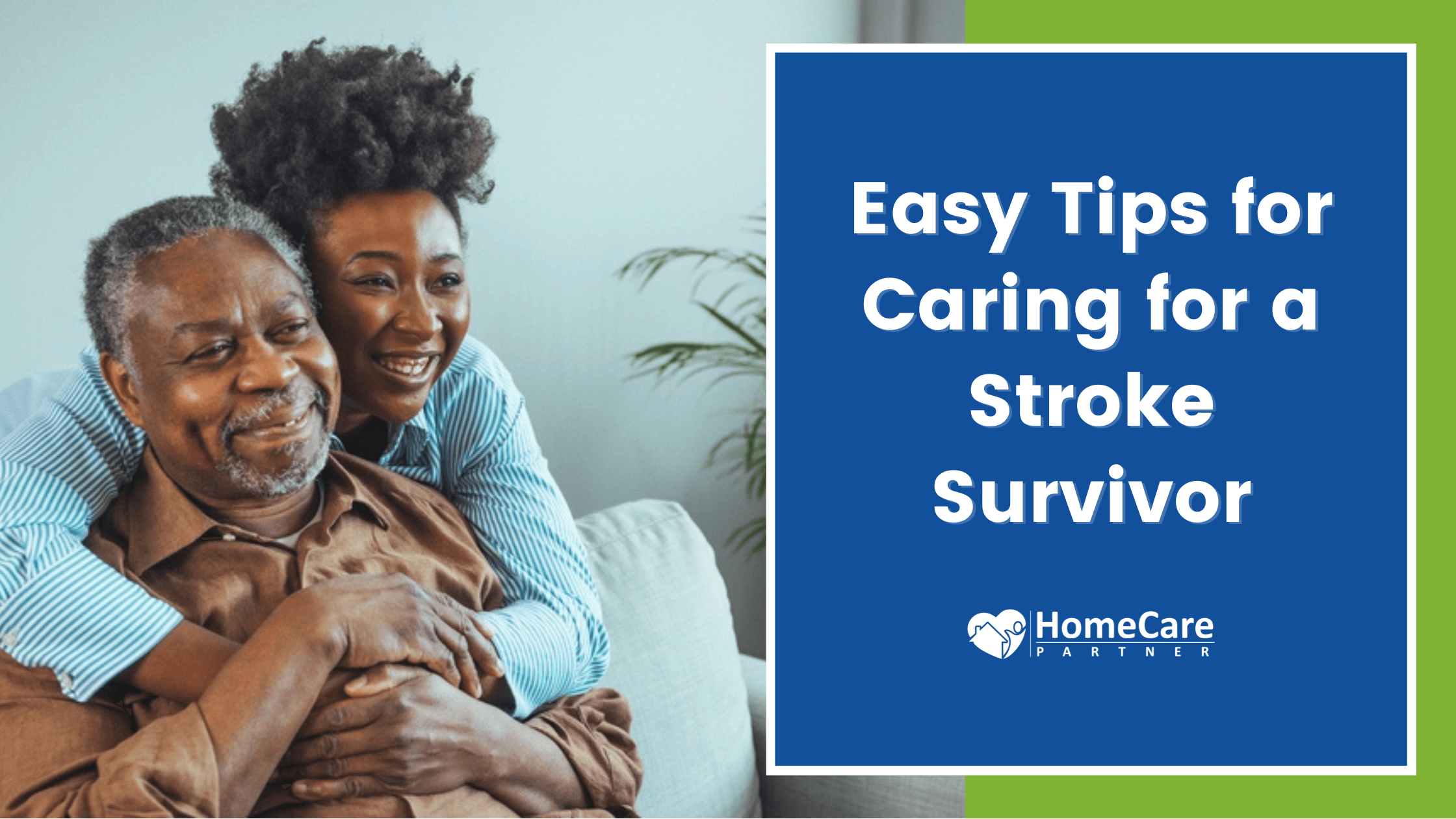


Taking care of stroke survivors can often be a challenging task. People go to great lengths to provide the best care for their loved ones who suffered from a stroke.
In the U.S., more than 50 million people care for a loved one with a disability or illness. In-home caregiving is an integral aspect of the period in stroke recovery. From timely bathing and nutritious meals to medication reminders, in-home caring for a stroke survivor is challenging.
However, with a few tips, an in-home stroke caregiver can significantly change the stroke survivor’s health.
The most important thing is to have complete assistance from a stroke caregiver, especially if the stroke survivors are older adults.
Here are seven things a stroke caregiver should do to improve the health of a stroke-recovering patient.
A stroke makes patients physically vulnerable by affecting their motor skills in the upper and lower limbs.
Regular activities such as walking, eating, bathing, and dressing can be difficult for a patient recovering from a stroke to accomplish. A stroke caregiver must aim at regaining movements in the body. Assistance by holding the patient firmly and supporting them while walking can be the best way to start bringing movements back.
Falling is also the biggest risk for a stroke recovery patient. Therefore, a stroke caregiver must ensure that the floor should be clear while making the patients walk. Stroke caregivers must also ensure that patients work out and frequently exercise for a couple of minutes to increase the recovery speed and their natural bodily mobility.
Regaining mobility after a stroke is one of the most important yet critical challenges in the recovery phase. Walking increases the body’s chances of recovery.
Stroke caregivers can supervise their clients as they regain their ability to walk. Slow walking can be beneficial and effective, as walking for 10-15 minutes can pump blood flow in the body. For stroke survivors, recapturing motions and senses that have been impacted due to the illness can be accomplished back with walking.
Stroke-recovering patients often experience difficulty in going to the bathroom as stroke impacts the bladder and bowel movements, making it difficult for patients to walk in case of urgency. Apart from that, the risk of falling in the bathroom also increases due to the effect of stroke on physical movement.
Therefore, stroke caregivers must ensure that they don’t allow patients to go to the restroom alone. If necessary, assist them with proper toiletry treatment.
The one thing that stroke caregivers must have is patience and understanding of the patient's emotions and behavior. Patients recovering from a stroke start to develop changes in their attitude post-stroke.
Stroke affects physical movements and a person's emotional and cognitive state. Personality changes and mood swings happen due to the damage stroke causes. A stroke caregiver can uplift the spirit of a patient by listening to music together, creating a social media profile to interact with the community, reading, and watching TV shows. Through these activities, patients can deal with anxiety and stress.
Stroke survivors often feel weakness after experiencing a stroke. Therefore, stroke caregivers should monitor their meal consumption. The caregiver must observe that the patient has nutritional, healthy, and clean food options.
If necessary, consult with a dietician to help prepare a diet chart for the patient. Sticking to a low-fat, fiber, and omega-3 diet can help the patient with a diet and be beneficial in recovery.
As mentioned, caregiving in any manner is a challenging task and requires patience and emotional stability to perform tasks. But if a caregiver himself needs caring, then how will they perform tasks? Taking care of yourself not only makes you better but also makes you healthy and energetic for the job.
Are you searching for in-home care for your loved one who has survived a stroke? If yes, then contact us at Home Care Partner. We ensure your loved ones are safe and comfortable with our stroke caregivers. Our comprehensive plan for caring for stroke survivors includes assistance in exercises and helping them regain mobility and confidence.

Home Care Partner wants you to be confident in choosing us. We want to show that our care is unmatched!

Get 20% OFF a week's worth of care!
We want to show you that our care is unmatched.
Leave a Reply
Your email address will not be published. Required fields are marked *